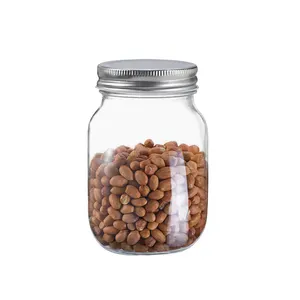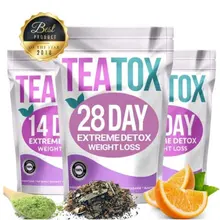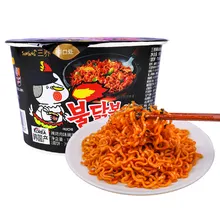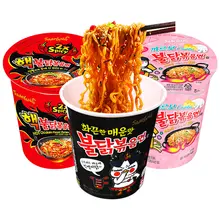Exploring the Versatility of Canned Food
Canned food represents a vast category of non-perishable food items that are essential in pantries around the globe. This convenience-driven food option encompasses a diverse range of products, from canned vegetables and canned seafood to canned fruit, each preserved through a meticulous canning process. The preservation mediums vary, including water, salt, and brine, ensuring the longevity and freshness of the contents.
Types and Selection of Canned Goods
The selection of canned goods is extensive, offering various parts of the produce or seafood such as body, kernel, and whole. The preparation methods also add to the variety, with options like steamed, seasoned, and flavored, catering to different culinary preferences and dietary requirements. The color spectrum of these goods ranges from vibrant yellow and red to natural greens, reflecting the diversity of the contents.
Applications and Uses in Cuisine
Canned foods are integral to both home cooking and professional culinary practices, providing a reliable source of ingredients that are ready to use. Their application extends from simple home meals to complex gastronomic preparations, demonstrating their versatility. The ease of storage and readiness makes them a staple for quick meal preparations and an essential component in emergency food supplies.
Features and Preservation Techniques
The canning process itself is a feature that ensures the longevity and safety of the food. Advanced preservation techniques are employed to maintain the nutritional value and taste, making canned food products a practical choice for those seeking both convenience and nutrition. The hermetic sealing process is crucial in preventing spoilage and protecting the food from external contaminants.
Materials and Sustainability
The materials used in canning, primarily metals like aluminum and steel, are chosen for their durability and recyclability. This aspect of canned food packaging plays a significant role in sustainability efforts, as these materials can be recycled multiple times without loss of quality, reducing the environmental impact of the packaging.
Advantages of Canned Food in the Market
Canned foods offer several advantages, including a long shelf life and the elimination of the need for refrigeration, which reduces energy consumption. The safety standards implemented in the canning process are rigorous, ensuring that consumers receive a product that is safe and consistent in quality. The convenience of having a wide array of ingredients available year-round, irrespective of seasonal constraints, is another benefit that makes canned goods a practical choice for consumers and businesses alike.











































 浙公网安备 33010002000092号
浙公网安备 33010002000092号 浙B2-20120091-4
浙B2-20120091-4